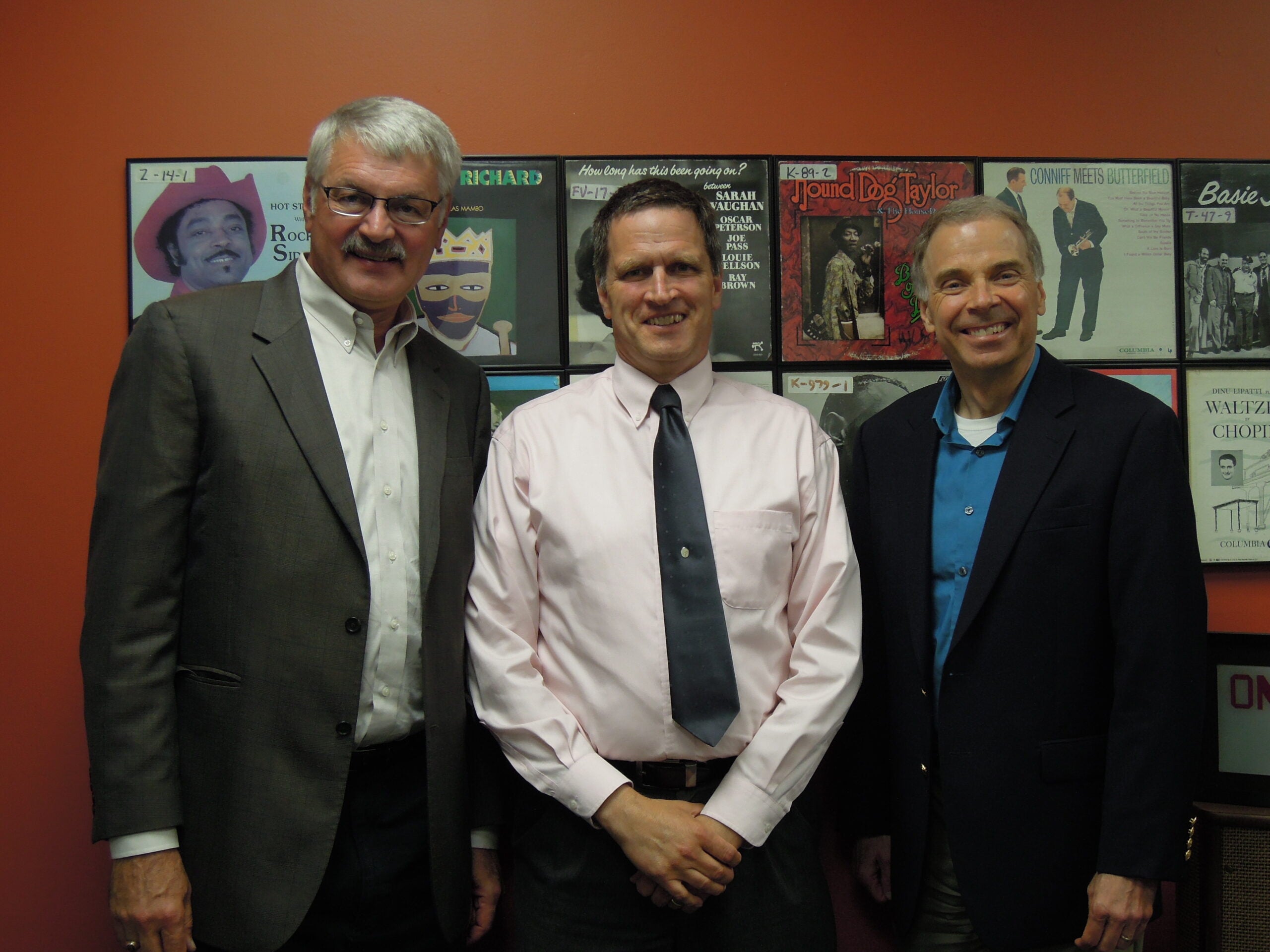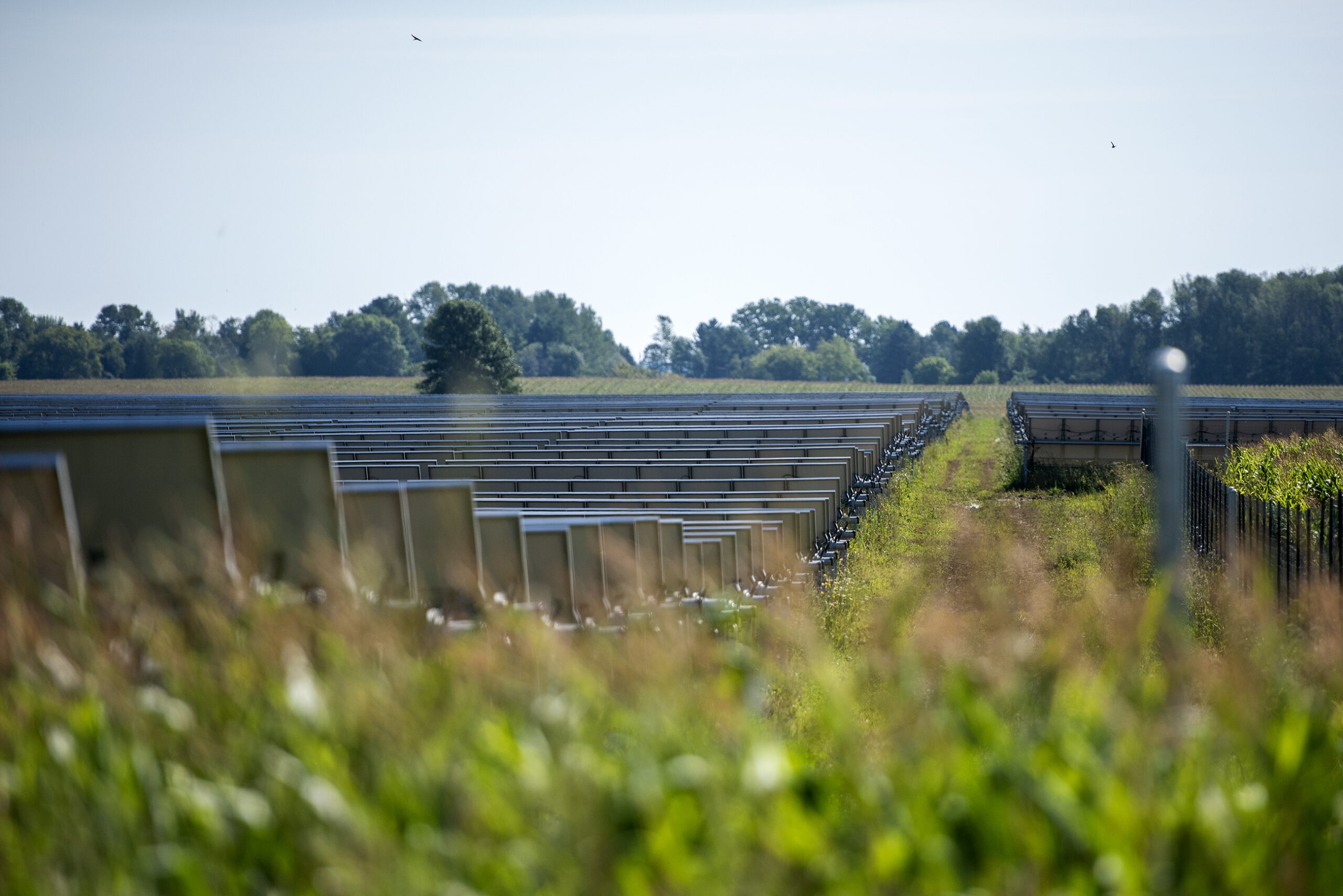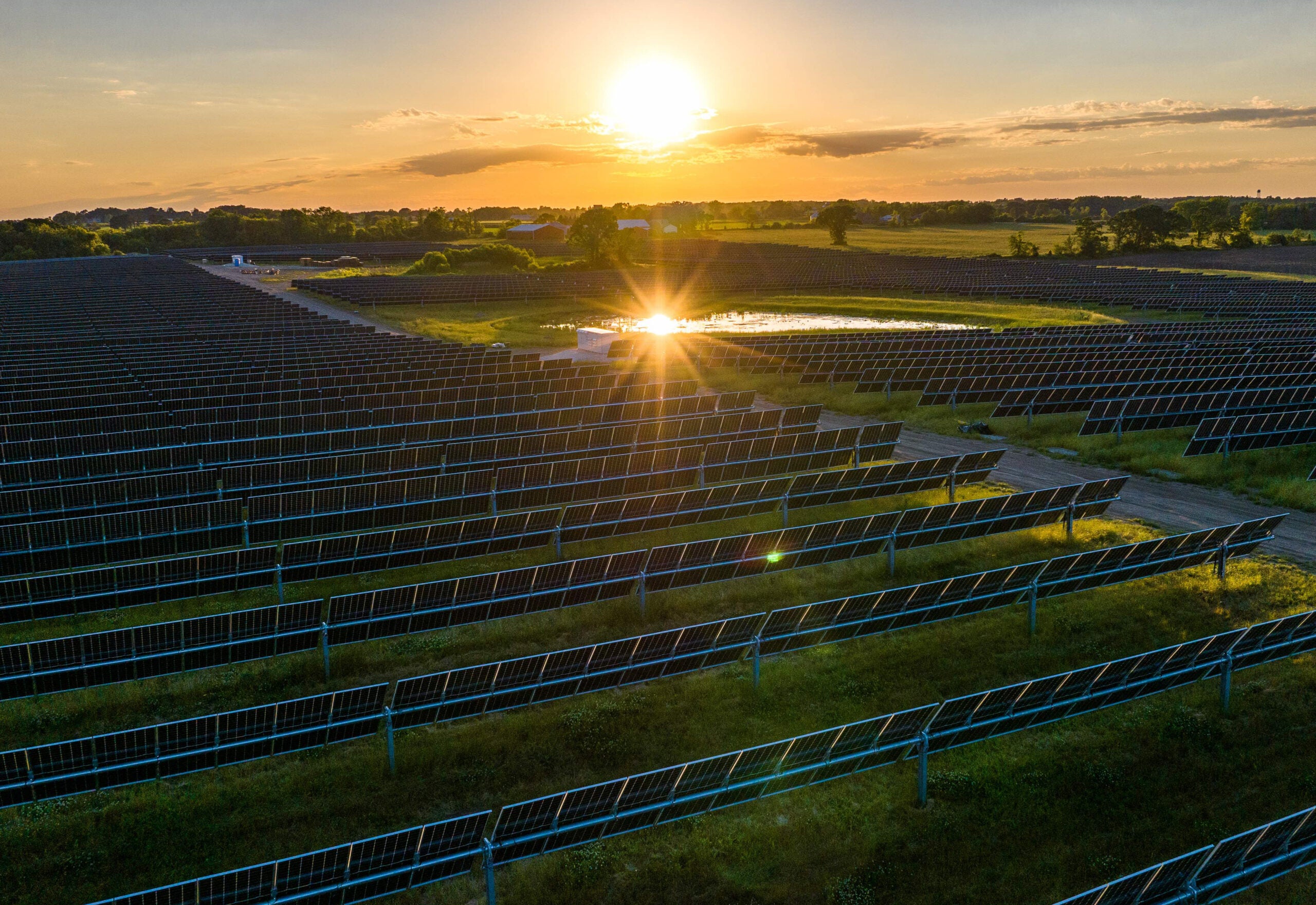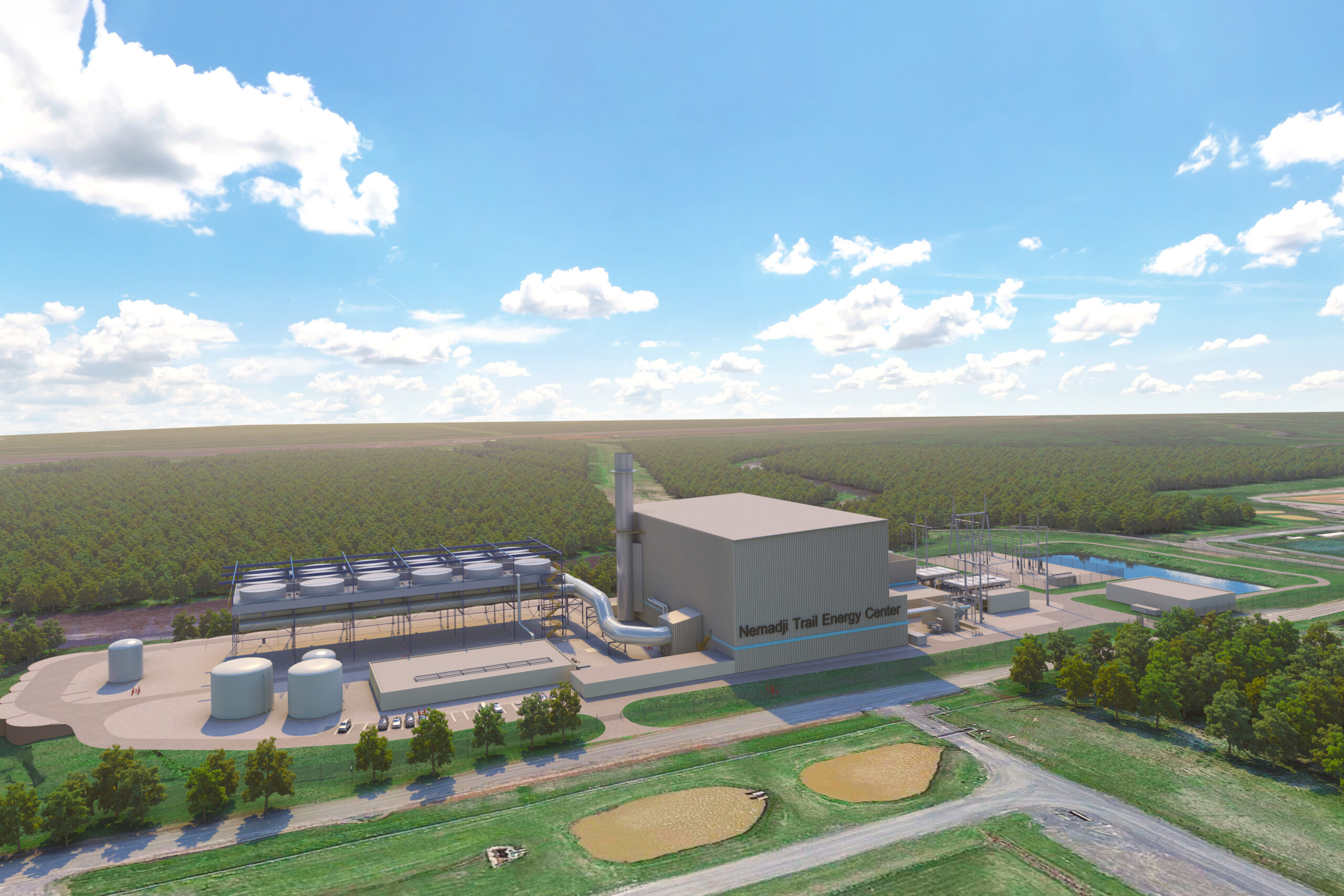Solar Energy Expansion-
Officials from two western Wisconsin power companies said their customers and members are helping to drive an expansion of solar energy projects that will double the state’s solar power capacity by 2017.
Dairyland Power Cooperative based in La Crosse announced plans earlier this year to buy solar power from 12 new projects being built throughout western Wisconsin including Viola, Hillsboro, Necedah and Arcadia—15.5 megawatts—enough to power 2,500 homes.
Dairyland, which supplies electricity to rural electric cooperatives and municipal utilities in Wisconsin, Minnesota, Iowa and Illinois, already buys power from solar farms in Westby and near Rochester, Minnesota.
Dairyland Power External and Member Affairs Vice President Brian Rude said in addition to federal tax credits that make solar power cheaper than ever to invest in, people are beginning to demand it.
“Members are asking us to move in that direction, and we’re a member-driven organization,” said Rude. “I think the key thing is that solar has finally become more competitive from a cost and technology standpoint to make it worth investing from a utility and a community perspective.”
Meanwhile, Minnesota-based Xcel Energy is planning a much different approach to solar, giving its customers a chance to invest up front in large solar gardens the company is building in La Crosse and Eau Claire Counties. Each garden will contain more than 3,000 solar panels, and business or residential customers can invest in the panels and receive a credit on their utility bill each month that will be based on their initial investment.
“A lot of homes or businesses are not really set up for a solar panel, to put it on their roof or put it into their land,” said Xcel Energy Community Relations Manager Mike Herro of La Crosse. “So this is an opportunity for them to own some output without having to do it in their own backyard.”
Dairyland supplies wholesale power to 17 rural electric cooperative in Wisconsin and Business Development Manager Craig Harmes said in turn, some of those cooperatives have their own community solar projects. He said Dairyland’s plans may inspire more communities to have their own investments in solar power.
“We expect that our latest plan (for) additional utility scale solar will result in additional solar community projects too, maybe six or seven of those projects,” said Harmes.
Rude said utilities will continue to develop and use more green energy sources like wind and solar, but from a reliability perspective, he expects fossil fuels to continue to be a big part of the electric grid for at least two or three more decades.
by-John Davis
Episode Credits
- John Davis Producer
- Brian Rude Guest
Wisconsin Public Radio, © Copyright 2025, Board of Regents of the University of Wisconsin System and Wisconsin Educational Communications Board.






